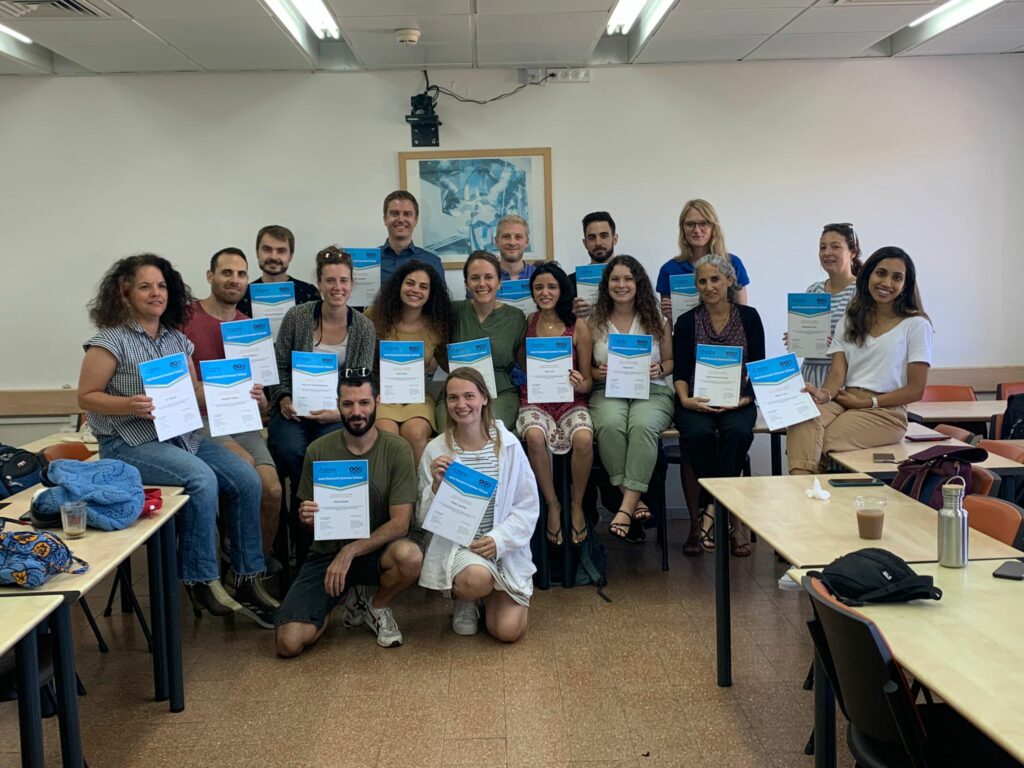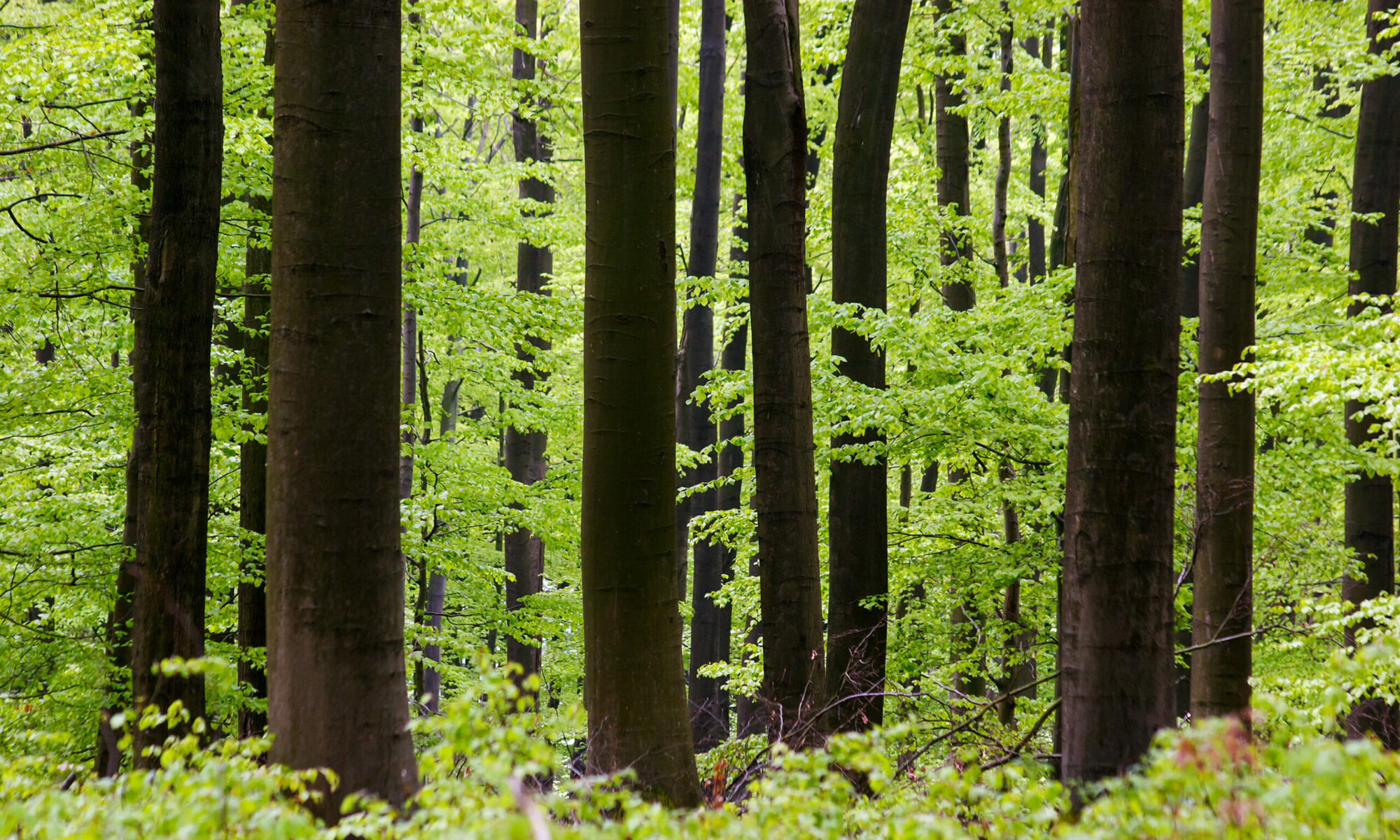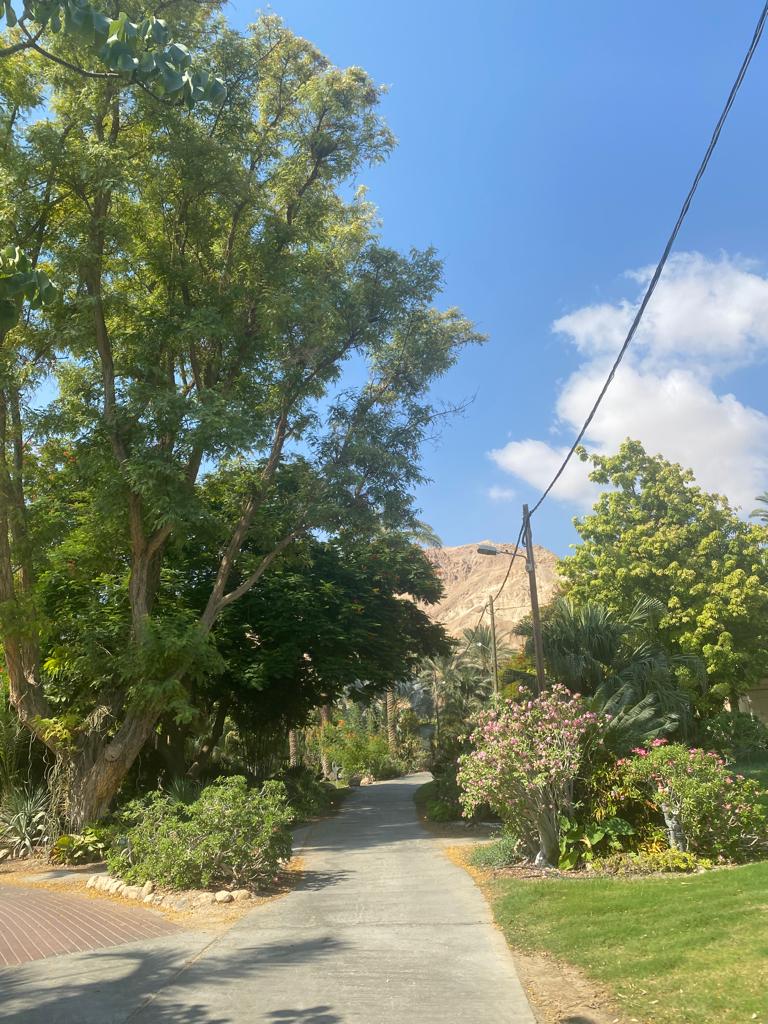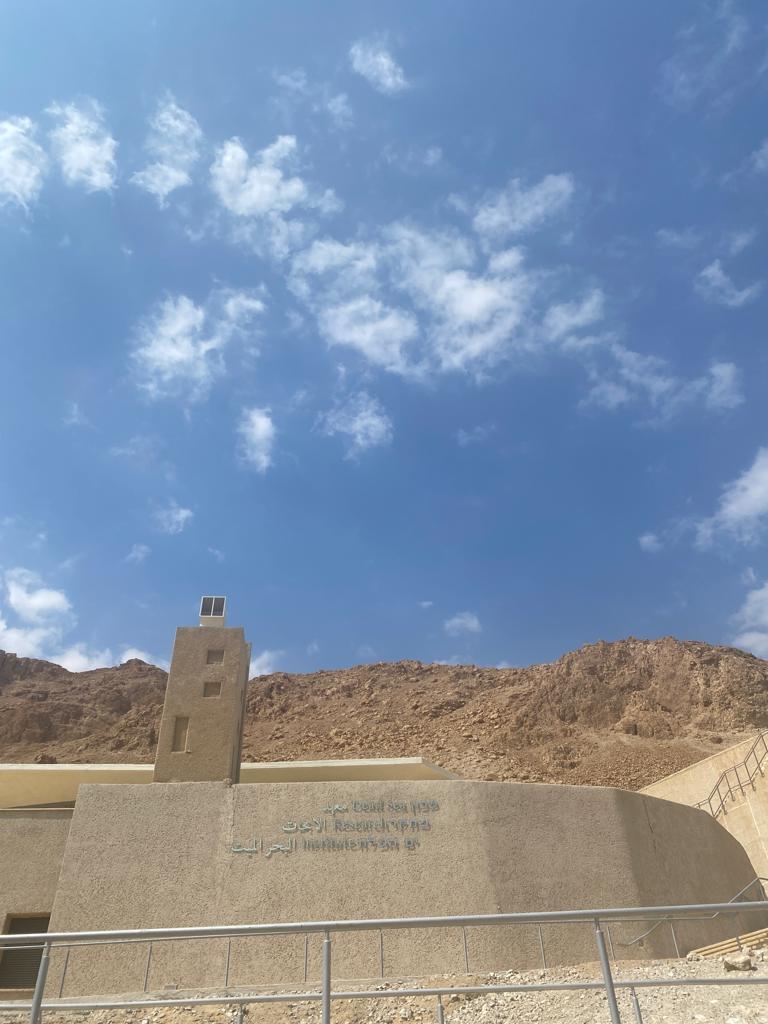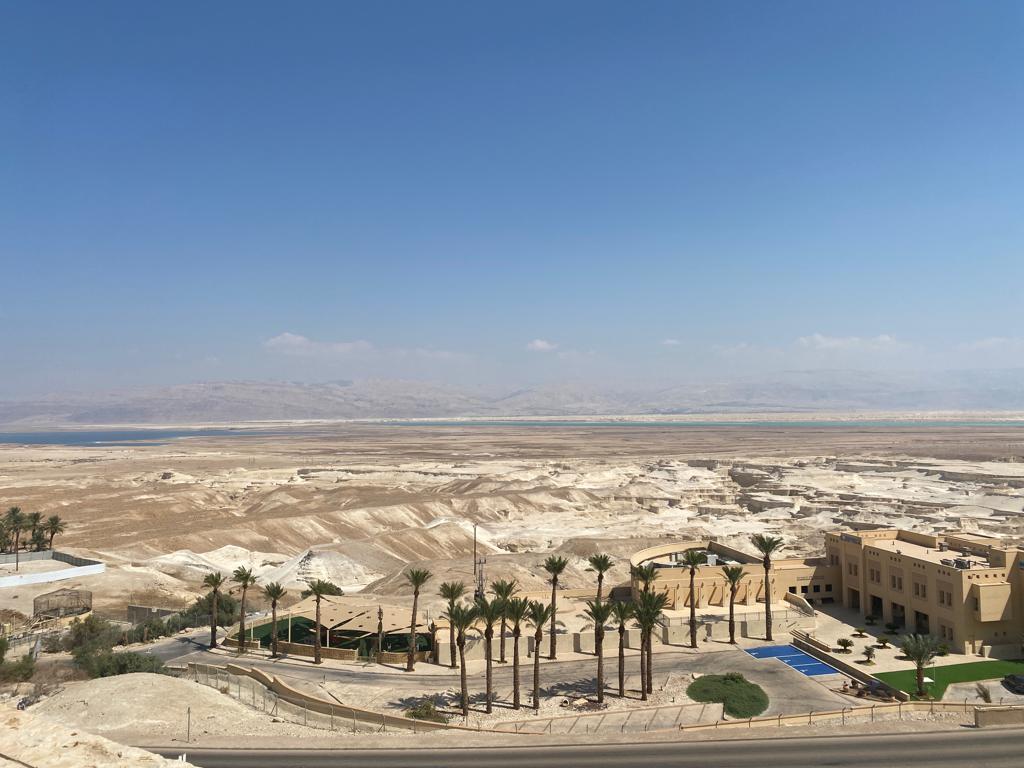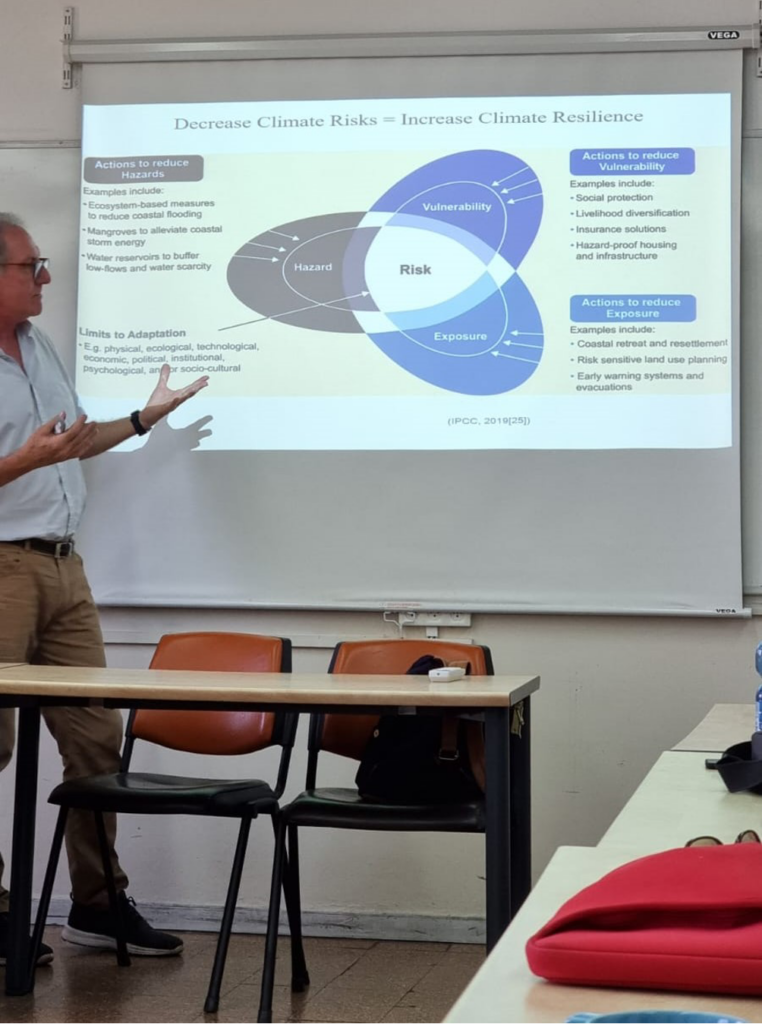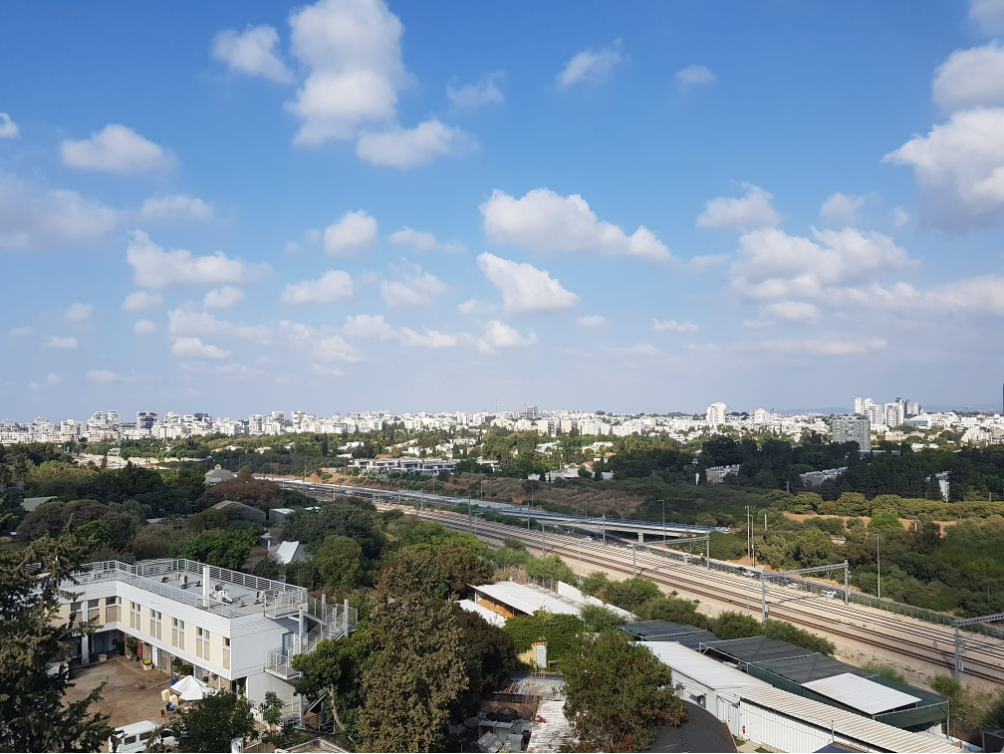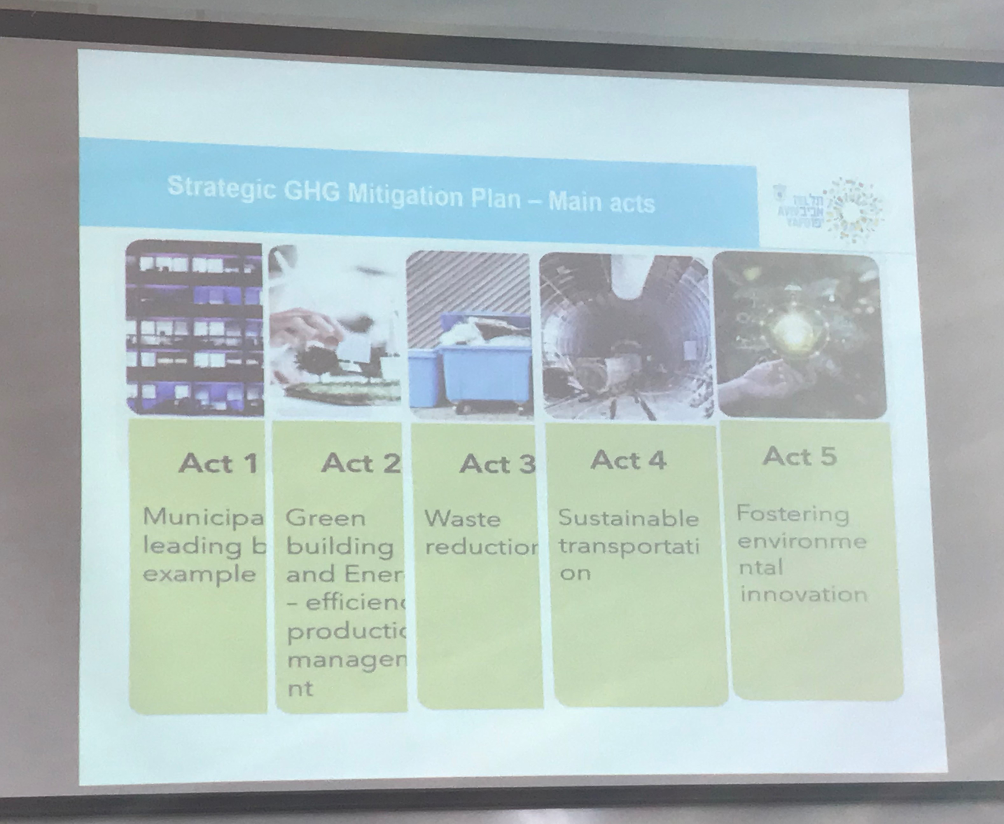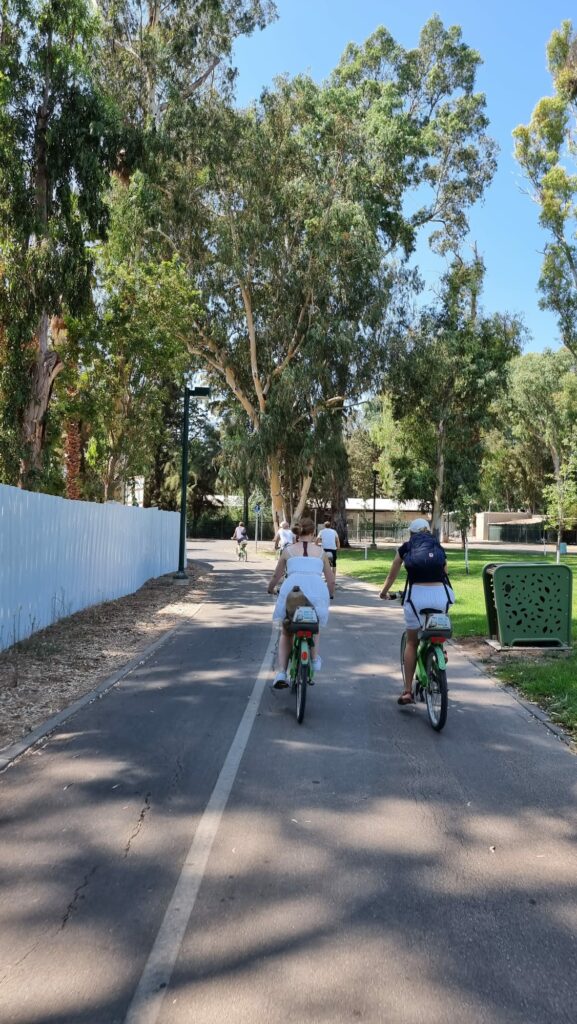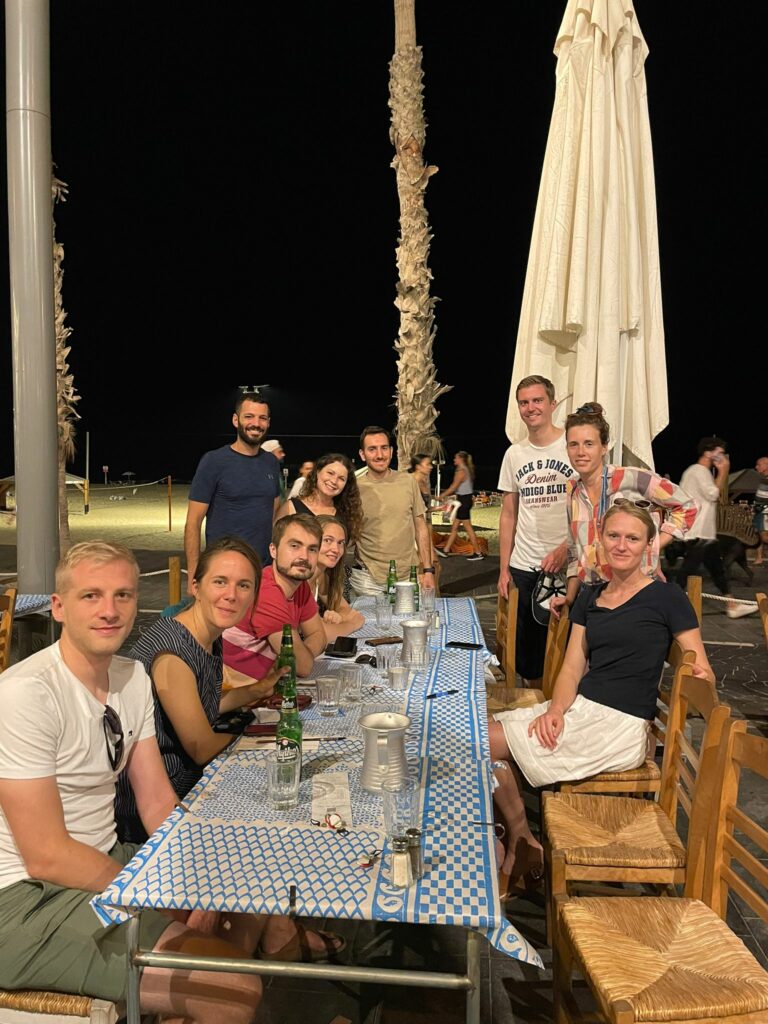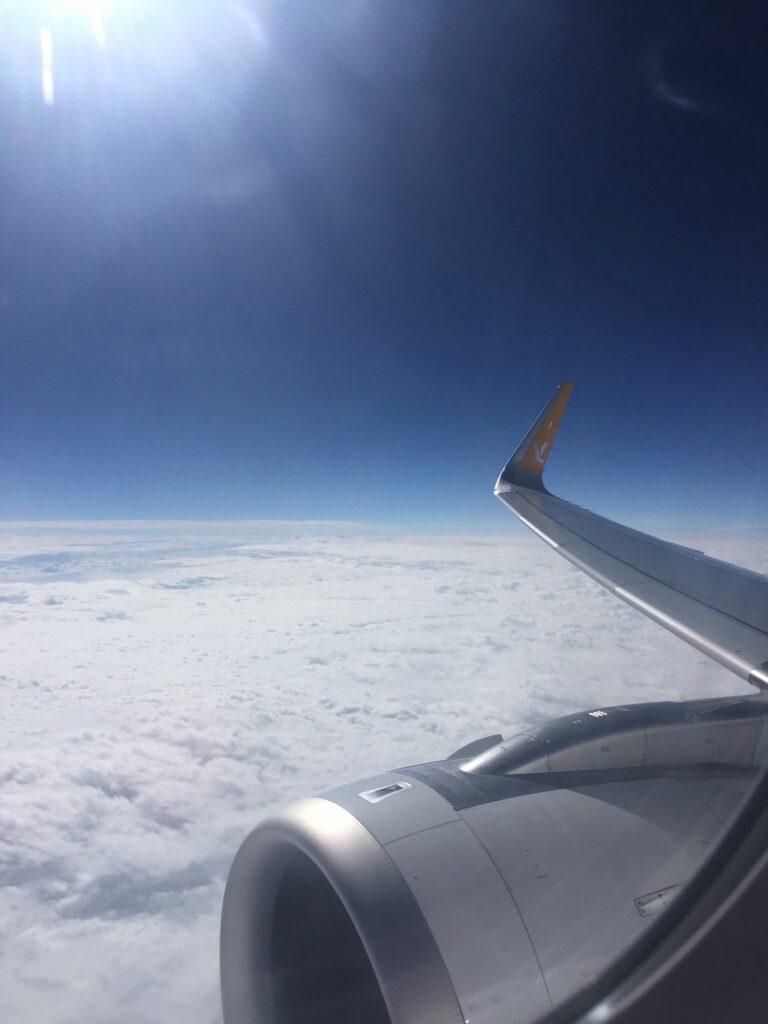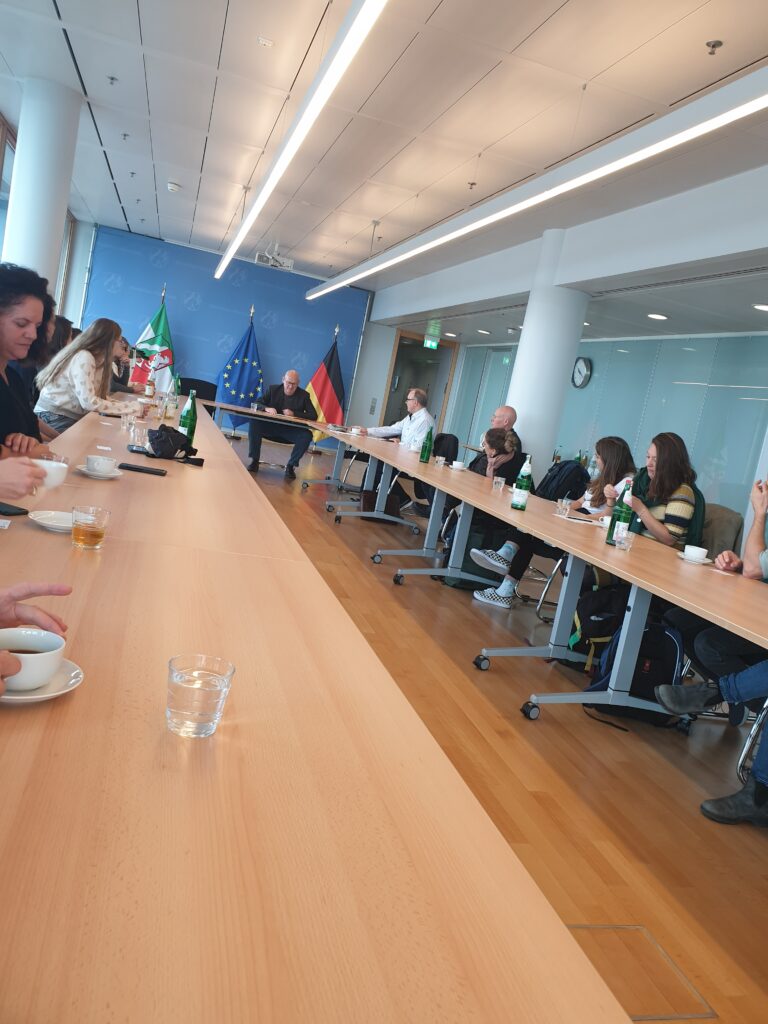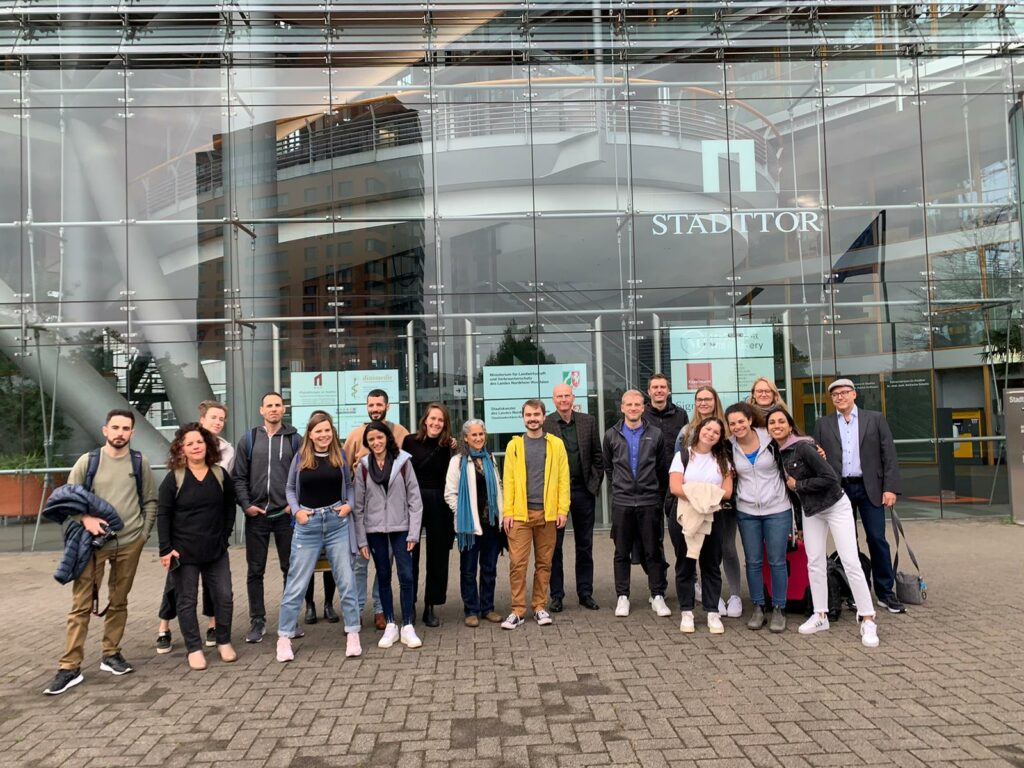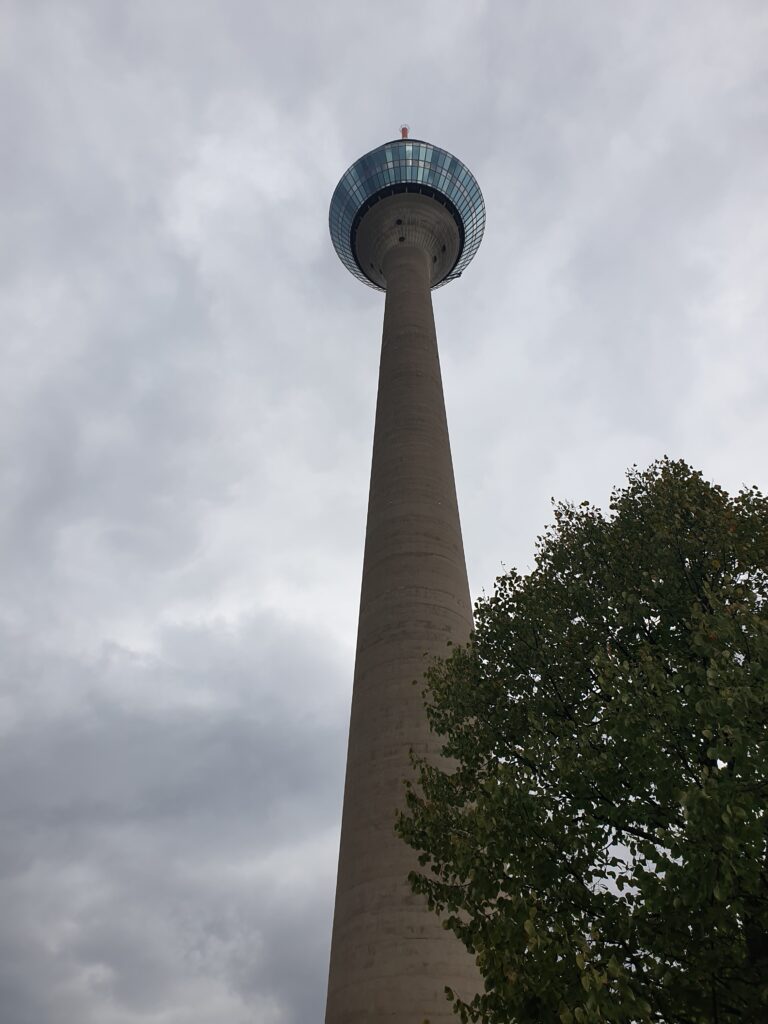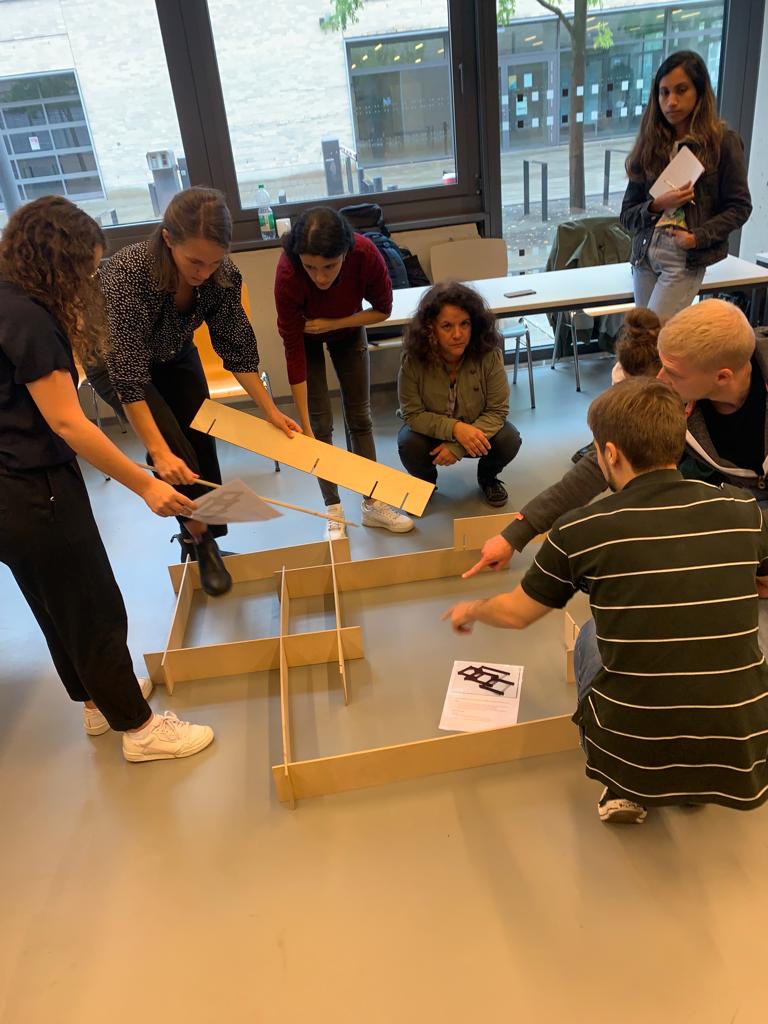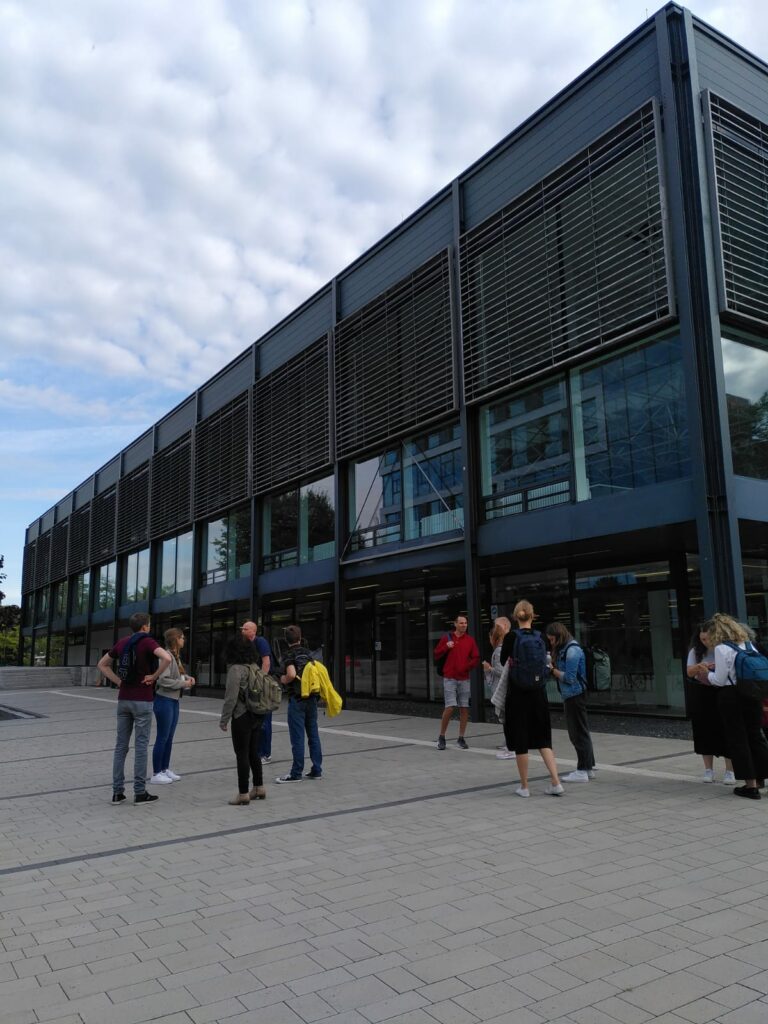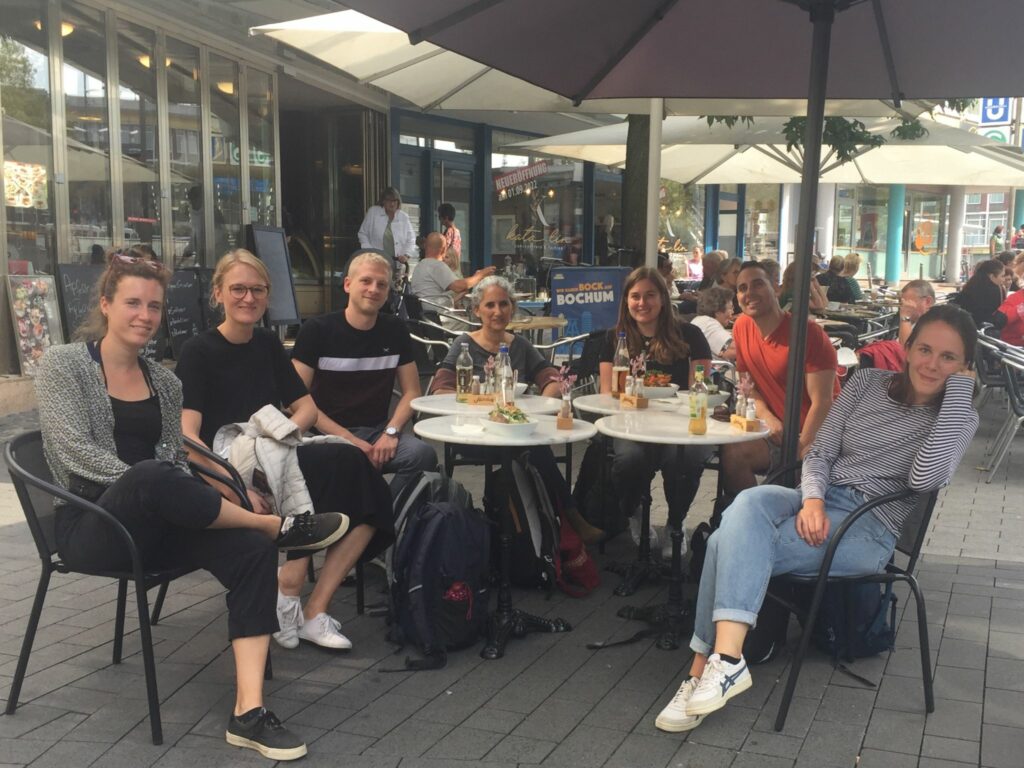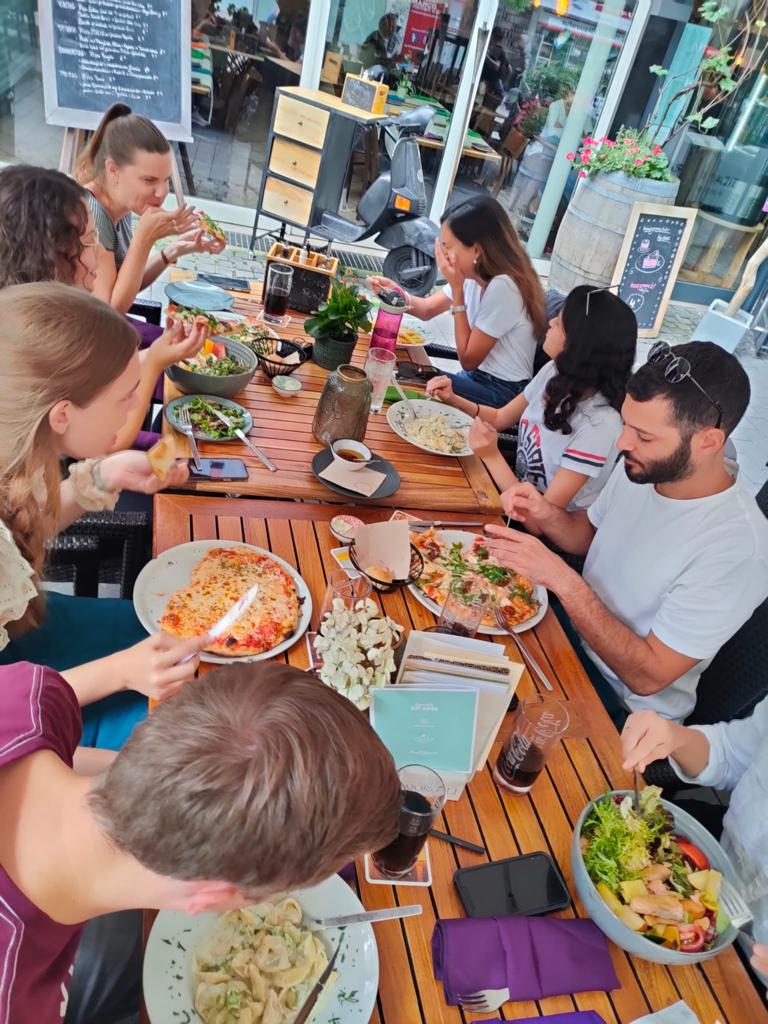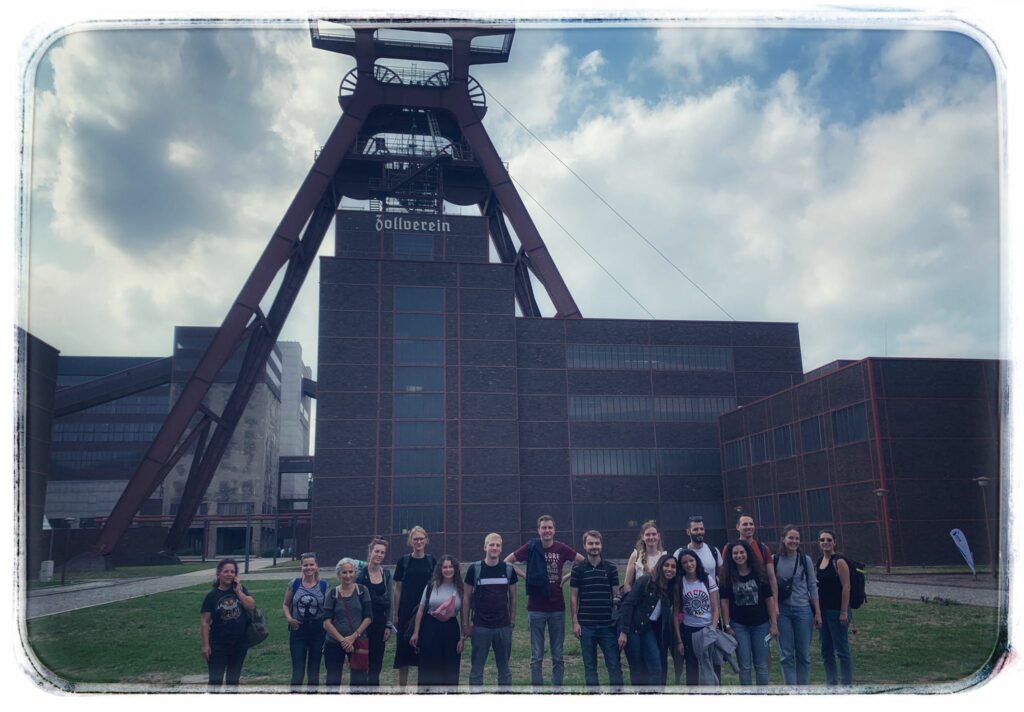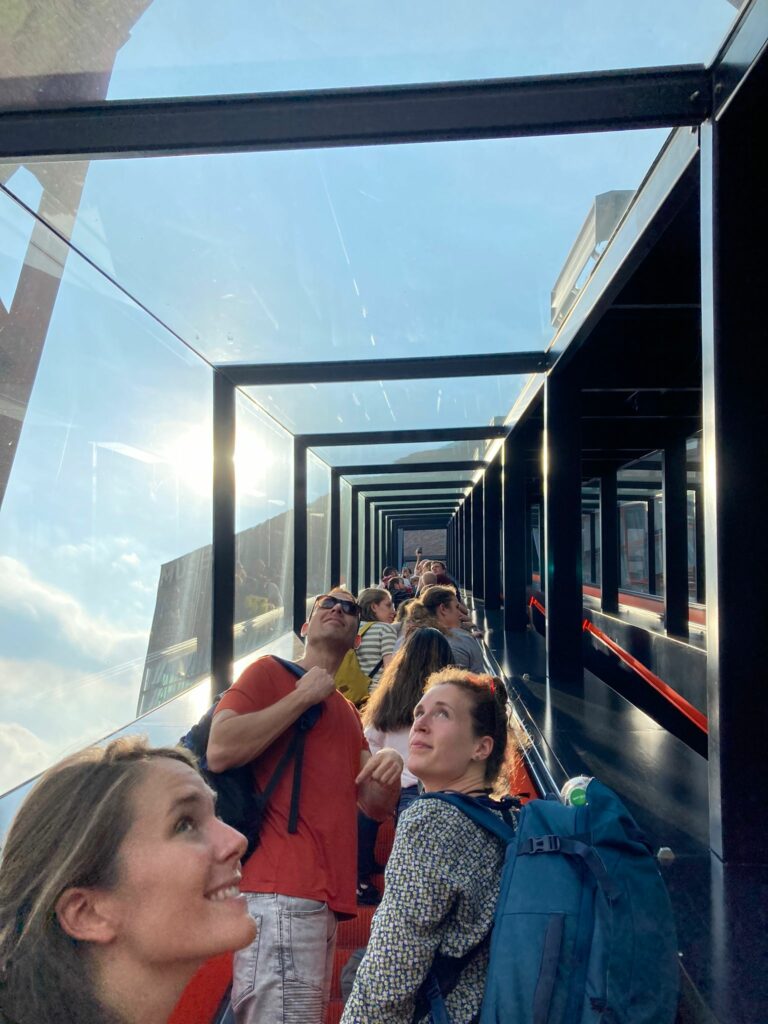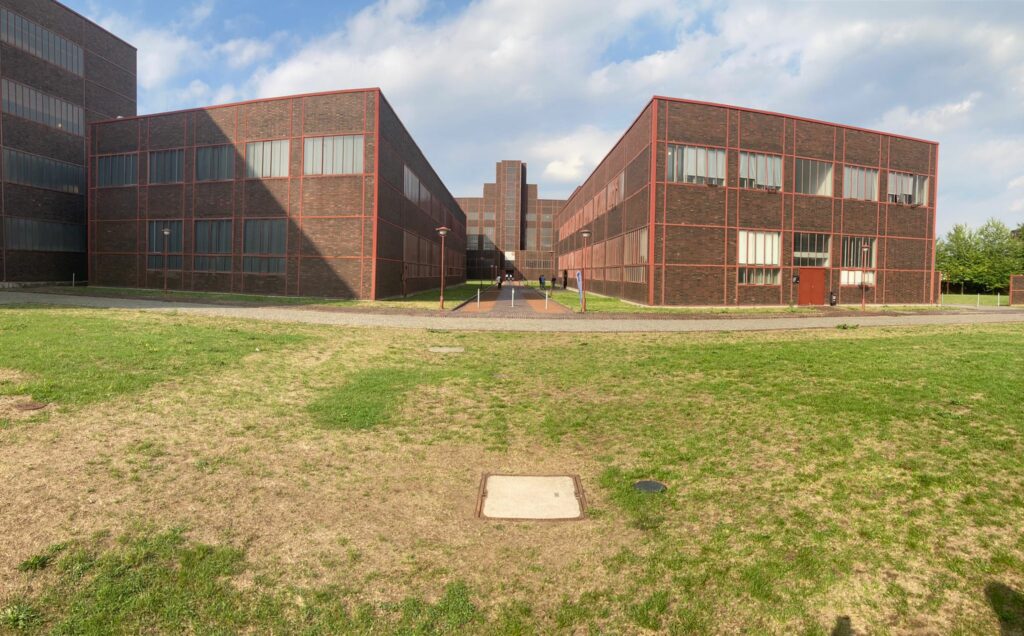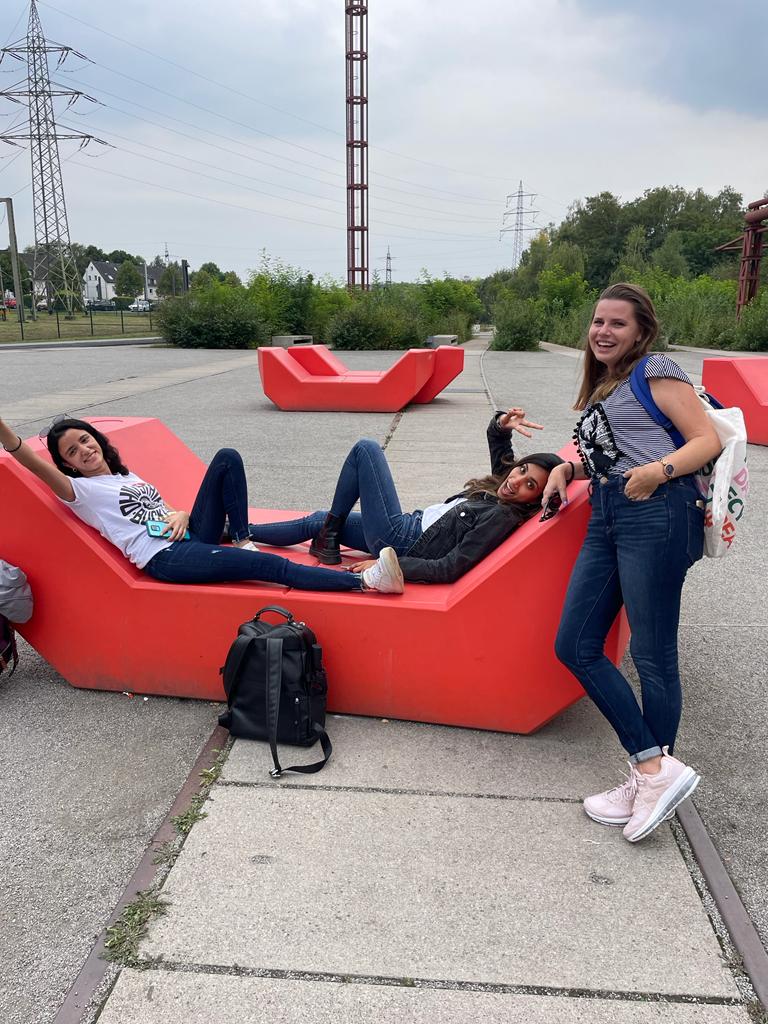On our last day together we dedicated our final projects in binational teams. The goal of the final project is to explore similarities and differences in resilience and develop recommendations for proposed studies and strategies. In teams of two, we developed a presentation that was then shared with the entire group. The following overarching questions were addressed:
- Definition of the specific topic of resilience and its key characteristics;
- Identifying the key challenges that this specific topic of resilience presents to the global population;
- Mapping the similarities and differences between Germany and Israel in relation to the topic;
- Developing recommendations for joint studies and policy decisions in the two societies.
The ideas presented all offer a lot of potential for international cooperation and could not have been more diverse. Overall, it was an absolutely successful conclusion.
